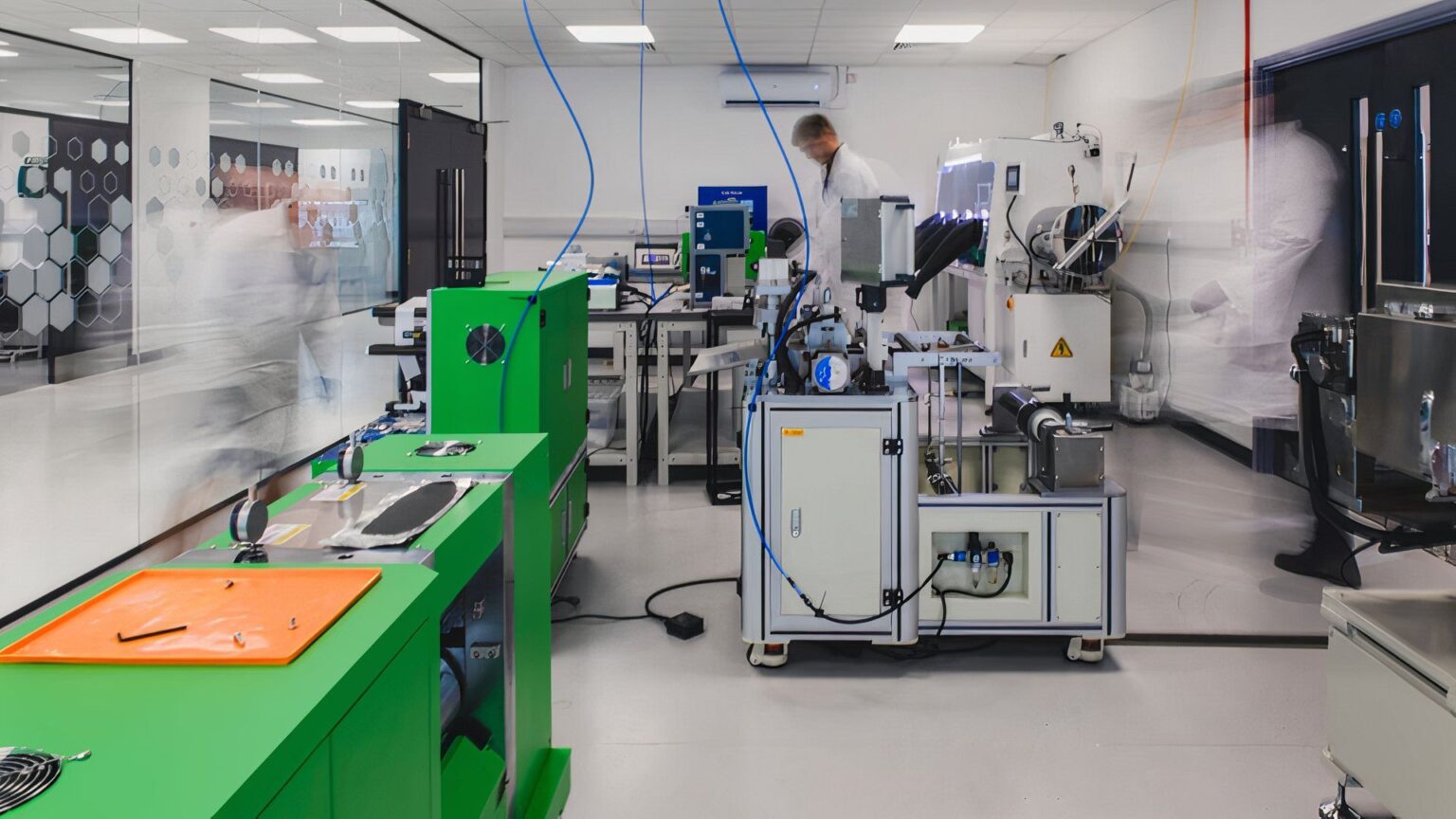Hybrid powertrain technology is a great middle ground. Between conventional, combustion-powered vehicles and pure electrics, hybrids provided stellar fuel economy and quick refueling with absolutely zero need to plug in. These drivetrains are an ideal solution for countless motorists around the world. Potentially helping improve hybrid systems, a company called Allotrope Energy just announced a new supercapacitor that has double the performance and half the cost.
Greater Energy Density And Lower Cost
According to a media release published by the company, these news supercapacitors “could form the basis of a new generation of hybrid powertrains that recover far more energy and provide greater power assistance, yet at a substantially reduced cost and with easier integration.” Sounds like a win-win-win-win.
The big advantage of capacitors is that they can absorb and discharge energy at a much faster rate than conventional batteries. This makes these electrical components ideal for regenerative braking, or providing quick bursts of energy, but there’s a problem. Capacitors have very low energy density, meaning they cannot hold much electricity, severely limiting their usefulness in powering vehicles.
Essentially, capacitors store and release energy far quicker than batteries. But, Allotrope Energy’s new supercapacitor offers double the energy density of other designs. Supercapacitors are nearly indestructible, costing far less than lithium-ion batteries, and they are also easy to make, requiring no exotic materials or rare-earth minerals.
But that is where Allotrope Energy’s recent discovery comes into play. The firm has developed a new material called Lignavolt, a sustainably produced nano-porous carbon that has a large surface area. And what does all this provide? Well, how about double the energy density of typical supercapacitors? Your run-of-the-mill supercapacitors can store around 7 or 8 Watt-hours of energy per kg of weight, though Allotrope Energy’s design clocks in at between 14 and 15 Wh/kg, double the performance and allegedly at just a fraction of the cost.
There Are Other Big Upsides, Too
The advantage of incorporating a supercapacitor – or supercapacitors, plural – into a hybrid powertrain is this component’s unique ability to very quickly absorb and release energy. As Dr. Peter Wilson, the founder of Allotrope Energy described in a media release, “The ability to deal with sudden surges of power safely is still beyond most battery technologies, and so they limit themselves to effectively skimming off the top.”
Continuing, the company founder explained, “By contrast, a Lignavolt-based supercapacitor could recover all of that energy instantly using a pack the size of a shoebox weighing only a few kilos.” Employing a traditional lithium-ion battery that could do the same would be “both impractical and cost-prohibitive.”
Underscoring the unique benefits of supercapacitors, Wilson said that a Lignavolt unit weighing just 1 kg could provide an additional 75 horsepower worth of electrical boost, some 50 times what an equivalent lithium-ion battery could muster. This incredible ability could allow automakers to downsize the combustion engines used in hybrid drivetrains because electric motors could shoulder much more of the burden. These changes would then lead to further improvements in vehicle fuel economy.
Yet another benefit of supercapacitors is that they are extremely stable and no complex thermal management systems are required. These things also last practically forever, at least compared to conventional batteries. The manufacturing of supercapacitors is also very easy and requires no exotic materials. For instance, Lignavolt is made from a “co-product of the pulp industry,” which makes this extremely sustainable. There’s no word when Lignavolt-based Allotrope Energy supercapacitors will find their way into mass-produced hybrid powertrains, but the technology sounds far too beneficial for automakers to pass up.
Read the full article here


